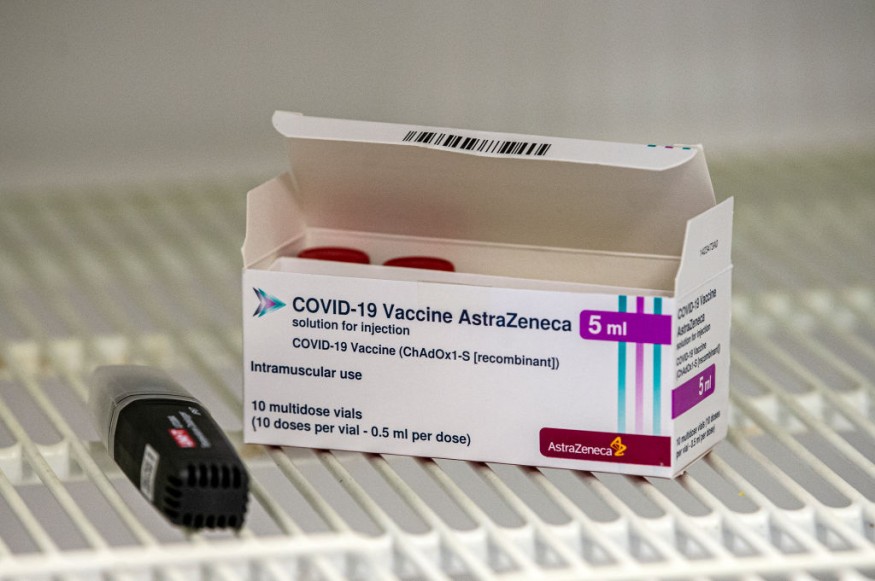Oxford-AstraZeneca Vaccine Begins Clinical Trial on Children

Children as young as six-years-old will be tested with the COVID-19 vaccine, with the University of Oxford launching a new clinical study to review the safety of its vaccine with AstraZeneca in children for the first time.
Oxford says the trial will assess immune response in kids ages 6 and 17. This is an age group hit hard by school closures due to the COVID-19 pandemic, according to its new statement.
Around 300 volunteers are already enrolled in the program and expecting to get their first vaccinations in this month, according to a CBS News report.
Up to 240 participants will receive the COVID-19 vaccine in the single-blind, randomized study. Meanwhile, the control group will receive a meningitis vaccine, which is safe for children and creates the same reaction.
"While most children are relatively unaffected by coronavirus and are unlikely to become unwell with the infection, it is important to establish the safety and immune response to the vaccine in children and young people as some children may benefit from vaccination," Andrew Pollard, the trials' chief investigator was quoted on a report.
Pollard noted that these new trials will extend our understanding of control of SARS-CoV2 to younger age groups.
Meanwhile, its fellow vaccine maker, Janssen, part of Johnson & Johnson, is now looking into testing on newborn babies and even pregnant women. It revealed last month trials in adults and showed that its single-dose COVID vaccine is 66 percent effective in preventing COVID-19, according to a Daily Mail report.
Related story : AstraZeneca Vaccine Less Effective Against South African Variant
AstraZeneca Vaccine
Its vaccine is cheaper and easier to distribute as compared to its vaccine candidate rivals. The vaccine has a target to produce three billion doses this year as it has multiple orders from countries, including the United States, Canada, Japan, Brazil, and United Kingdom.
Meanwhile, independent experts are advising the World Health Organization about immunization on Wednesday, recommending the use of AstraZeneca's vaccine even in countries that turned up concerns on COVID-19 variants in their populations.
The WHO experts' advice is heeded by health care officials globally. However, it does not mean that it issues a green light for the United Nations and its partners to ship the vaccine to countries that have signed up to receive the doses, according to an Associated Press report.
The AstraZeneca vaccine is deemed important as it forms the bulk of the stockpile required by the UN-backed effort known as COVAX. This effort aims to deploy vaccines to people around the world.
Meanwhile, an early study suggested that AstraZeneca might be less effective against a variant first seen in South Africa, causing the South African government to change its vaccination program against the COVID-19 pandemic.
South Africa's health minister said Wednesday that the government would start vaccinating health care workers with the still-unlicensed shot from Johnson & Johnson, instead of administering the one million AstraZeneca doses as initially planned.
Meanwhile, countries such as Germany, France, and Belgium have said that the AstraZeneca vaccine should not be used in older people due to insufficient data on the vaccine.
Subscribe to Latin Post!
Sign up for our free newsletter for the Latest coverage!

















